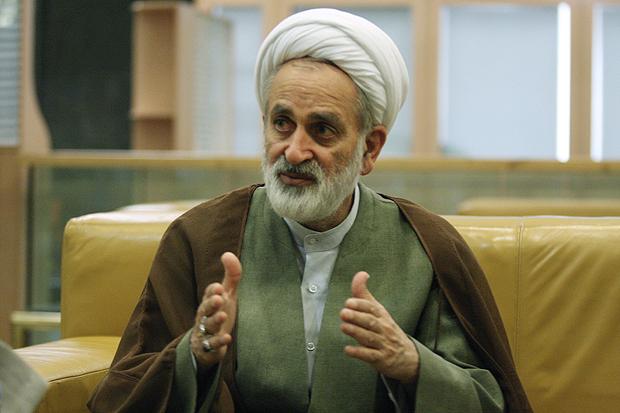
RNA – "The broadest sense of the meaning, the movement of Ashura is a political movement with a wide range of influences on various parts of history," said Hujjat al-Islam Ahmad Salek-Kashani, the president of the Iranian parliament’s Cultural Commission, on the occasion of Ashura, which marks the martyrdom anniversary of Imam Husayn.
His Eminence explained that Imam Husayn’s uprising against Yazid had different aspects and one important aspect of it relates to the issue of politics. The main purpose of the uprising of the “Master of the Martyrs” included confronting oppression and enjoining the right and forbidding the wrong in order to reform the ummah of his grandfather, the Prophet Muhammad.
The Iranian lawmaker explained that enjoining the right and forbidding the wrong has both political and religious dimensions, saying: “[For Imam Husayn], enjoining the right and forbidding the wrong involved rising against the corrupt Umayyad Dynasty and the corrupt caliph, Yazid, as they were the epitome of evil.”
His Eminence stated that imamate (leadership) is the axis of religious authority and completes the mission of the Prophet Muhammad, and added that Imam Husayn’s sacrifice led to the continuation and survival of Muhammadan law. “Therefore, those who say that Imam Husayn’s uprising has no relation to politics is ignorant and has misunderstood his message,” he said.
Hujjat al-Islam Salek-Kashani added that some individuals seek to portray Ashura a semi-sacred event where lecturers and eulogists make the people cry and mourn but not say anything about how Ashura was an uprising and confrontation against oppression and deviation.
“Therefore, such people try to portray the message of Ashura as tolerant of secularism and which has been separated from politics,” he explained.
Hujjat al-Islam Salek-Kashani said in various times and places, Imam Husayn attempted to raise awareness of the reality and character of Yazid and the corrupt Umayyad Dynasty in his sermons and sayings, including the eternal slogan of “hayhat minna dhillah” [“no to humiliation”].
“It is obvious that Imam Husayn’s revolution was a political uprising against the injustice of the corrupt and immoral caliph, Yazid,” he stressed.
The president of the parliament’s Cultural Commission also emphasized that the message of Ashura teaches us about the lifestyle of jihad and struggle against imperialist domination, saying that Imam Husayn personified all the verses in the Holy Quran and from his uprising, we gain lessons in regard to ethics, sacrifice, perseverance and courage on the path of gaining God’s satisfaction.
The representative of Esfahan in the Islamic Consultative Assembly mentioned the recent warnings from the Supreme Leader of the Islamic Revolution, Ayatollah Sayyed Ali Khamenei, about the risks of the influence of secularism and “Mi6 Shi’ism” on the Islamic Seminary.
His Eminence added that this warning must be taken very seriously, adding that one of the reasons why this group seeks to implement the doctrine of separation of Islam from politics and to institutionalize secularism, especially in regard to the mourning ceremonies for Imam Husayn, is due to the greater impact and audience that these ceremonies have.
“Removing politics from the mourning ceremonies would make their colonial and imperialistic goals it easier to achieve,” Hujjat al-Islam Salek-Kashani said.
111/112